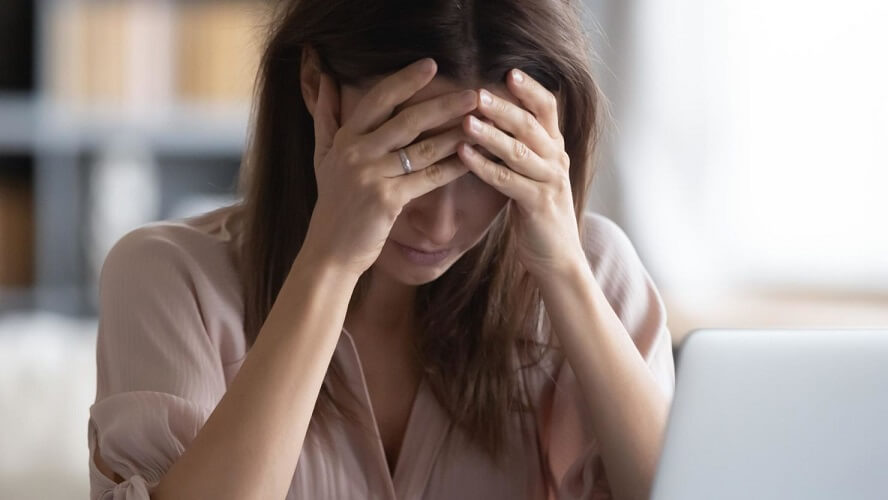Discover effective Ayurvedic treatment for anxiety and depression, including powerful herbs, Panchakarma therapies, yoga asanas, diet and lifestyle guidance.
Anxiety and depression are common mental health conditions that affect millions of people worldwide. While modern medicine plays a crucial role in managing these issues, Ayurveda, the ancient healing system from India, offers holistic and natural treatments to help alleviate the symptoms and bring balance to the mind and body.
Ayurveda emphasizes the importance of a balanced lifestyle, proper diet, and natural therapies such as herbs, Panchakarma, and yoga. This article explores how Ayurveda can be used to manage anxiety and depression through various natural remedies and lifestyle practices.

Ayurvedic treatment for anxiety and depression focus on balancing the mind and body. Various Herbs, Panchakarma detox, calming yoga asanas, and a balanced diet enhance mental well-being. Lifestyle changes, such as stress management and routine, support emotional health.
In Ayurveda, several herbs are known for their calming and mood-stabilizing properties, which can help relieve anxiety and depression:-
Panchakarma is a detoxification and rejuvenation process that includes several therapeutic treatments aimed at purifying the body and balancing the doshas (bodily energies). It is beneficial for managing anxiety and depression by removing toxins (ama) from the body, balancing the mind, and rejuvenating the nervous system. Some key Panchakarma therapies include:-
Yoga plays a significant role in alleviating anxiety and depression by promoting relaxation, improving breathing, and enhancing the flow of energy throughout the body. Certain yoga asanas can help relieve stress and bring mental clarity:-
In Ayurveda, a balanced diet is key to maintaining emotional well-being. For individuals suffering from anxiety and depression, the following foods are recommended:-
Certain foods can aggravate anxiety and depression, leading to imbalances in the mind and body. It is best to avoid:-
Ayurveda offers a comprehensive approach to managing anxiety and depression by addressing the root causes of these conditions—imbalance in the body and mind.
Through the use of herbs, Panchakarma therapies, yoga asanas, a balanced diet, and mindful lifestyle practices, Ayurveda helps restore harmony and promote emotional well-being.
By incorporating these Ayurvedic treatments into your daily routine, you can support your mental health and lead a more balanced and fulfilling life.
We focus on treating the root cause of illness, not just the symptoms. By addressing the imbalances in your Doshas at their source, we help you achieve lasting wellness and long-term results.
Book Appointment Now
